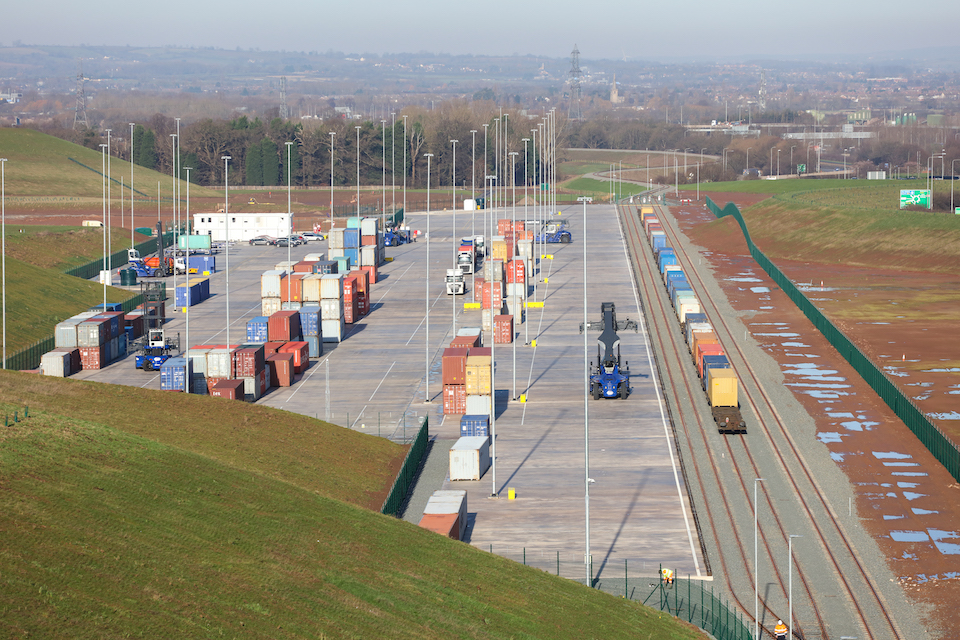A final legal challenge to a proposed rail freight terminal, sited north of London, has been refused. A long-running campaign, based on the legality of the land ownership, has failed to convince judges that the project should be outlawed. This now clears the way for the project to go ahead.
Vociferous campaigners, based around the cathedral city and market town of St Albans, are resigned to the establishment of a rail-served logistics terminal at neighbouring Radlett, less than twenty miles (32km) north of London. The argument had centred on the site, a World War Two airfield, being part of the local amenity. They claimed it was not within the local administration’s right to sell.
SRFI precludes further challenges
Local media, which has followed the campaign for years, has reported that a “final nail in the coffin” has been delivered by a legal review. A High Court judge has ruled against the campaigners’ appeal, on the grounds of the legality of the sale of the land. The proposed rail freight terminal has already been designated by the UK government as a “Strategic Rail Freight Interchange”, which precludes further challenges to the development itself.
Logistics developers SEGRO purchased the land with proposals for what was subsequently designated an SRFI by the UK central government in London. The purchase price is understood to have been £34million (€40million). That is relatively modest for the development potential of the 1000-acre (400ha) site. However, it has been significant for the local administration, Hertfordshire County Council. Campaigners say the council was swayed by the funds accrued.

Ensuring environmental promises are kept
Campaign group “Save St Albans: Fight the Freight” had argued that the sale of the land was ‘unlawful’ under the Metropolitan Green Belt Act of 1938. they have admitted that their argument is not with the rail element of the development, but rather the much more significant logistics park which would accompany it. Nuala Webb, a local politician who represents the area and sits in the UK parliament, has pointed out that the park will radically change the nature of the area.
The rail freight terminal will be served from the Midland Main Line, which would connect it directly to other logistics hubs in the logistics “Golden Triangle” of the English East Midlands. It would also provide connections to markets in cities such as Leicester, Sheffield and Leeds. The terminal would take advantage of electrification of the line, a project that is currently underway. Campaigners have vowed that their efforts will shift to monitoring the development and ensuring environmental promises are kept.